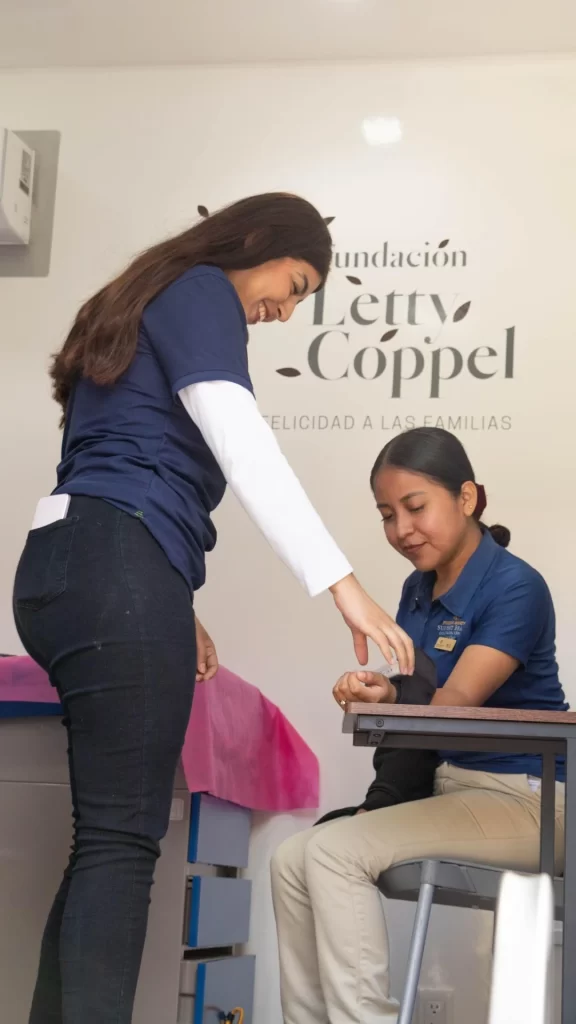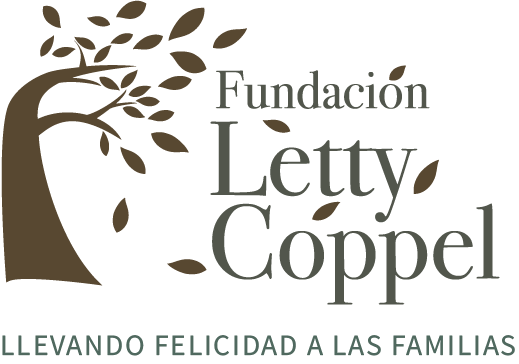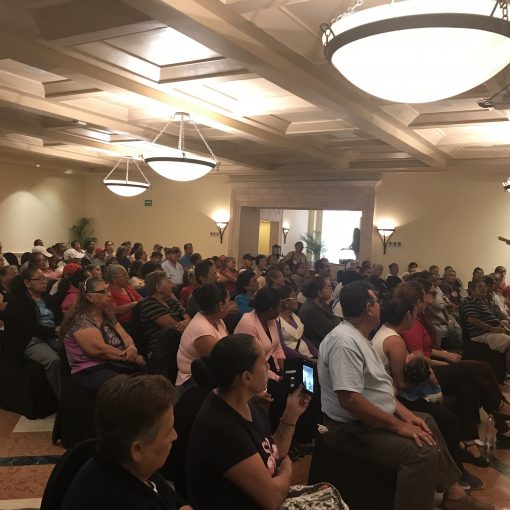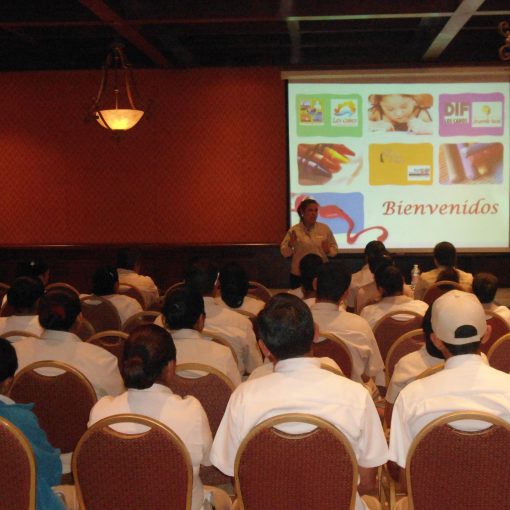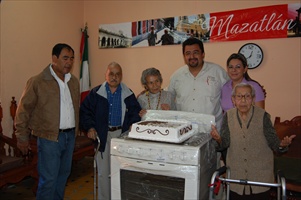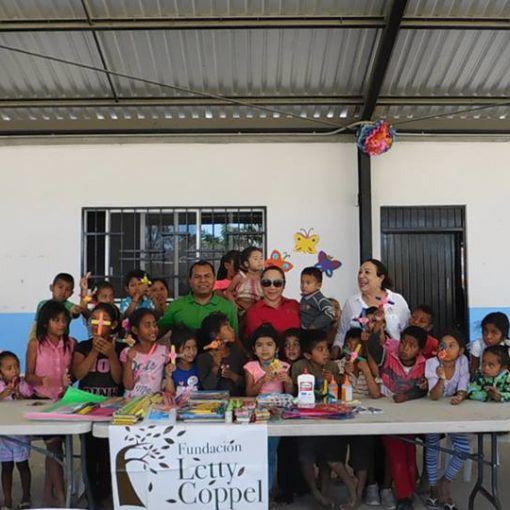Rare diseases, also known as orphan diseases, are those that affect a limited number of people compared to the general population. They are often difficult to diagnose and treat due to their uncommon nature, lack of research, and dedicated awareness programs. Although each rare disease individually may affect few people, together they represent a significant challenge for public health and for those who suffer from them.
Awareness of rare diseases plays a fundamental role in improving diagnosis, treatment, and quality of life for patients. One of the greatest obstacles faced by those living with a rare disease is the lack of information and support programs from the healthcare system. Therefore, the Fundación Letty Coppel supports through social programs for people with special medical needs, in addition to providing support through scholarships, wheelchairs, and devices to patients and rural communities.
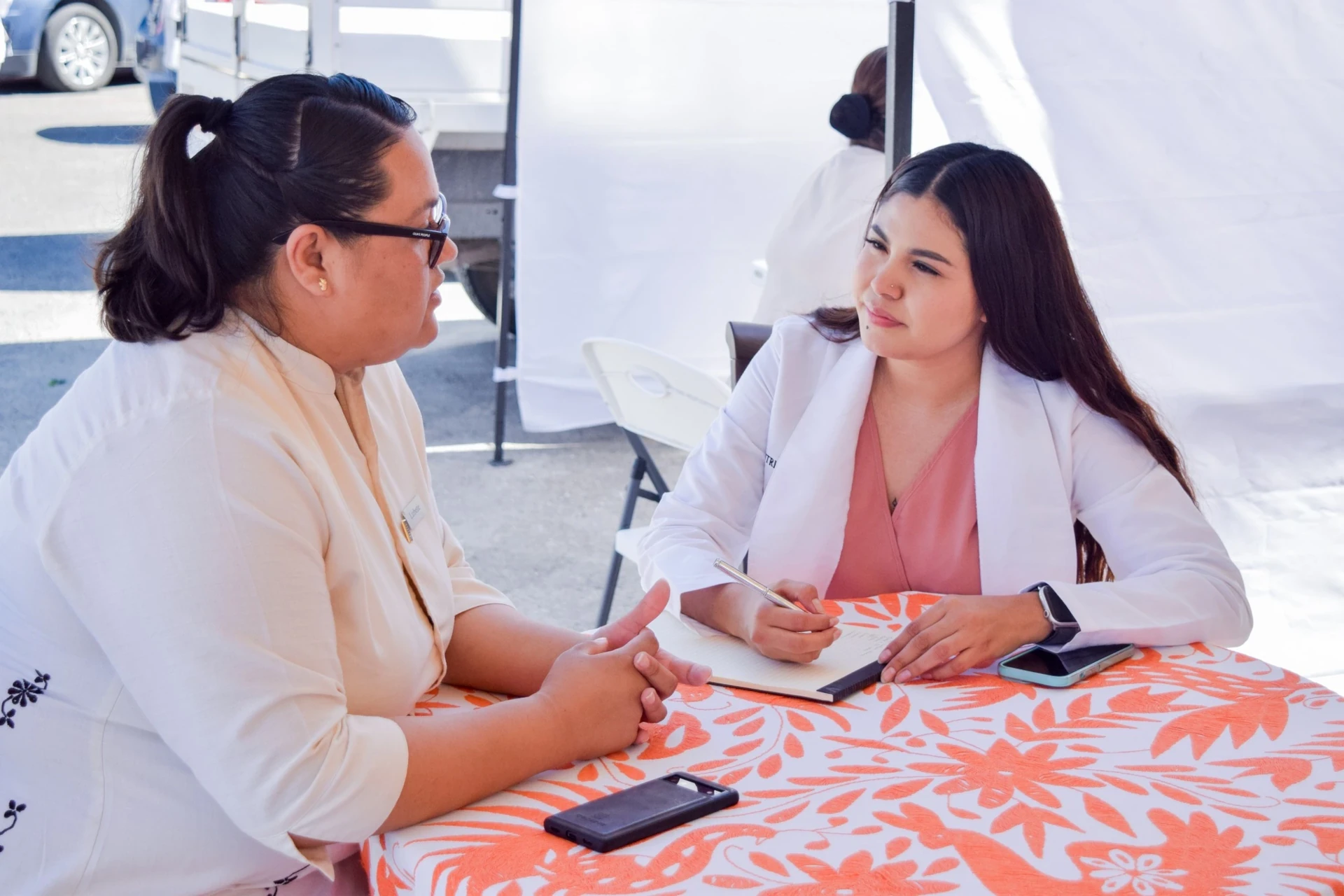
Often, due to lack of medical attention and shortage of specialized resources and free healthcare social programs, patients and their families feel isolated and helpless. Therefore, increasing public awareness of these diseases is crucial to fostering understanding, empathy, and solidarity towards those who suffer from them.
Below, we will tell you about three of the most uncommon diseases recognized in Mexico. Most of these diseases are chronic, disabling, and degenerative, affecting approximately 8% of the world’s population; approximately 350 million people.
Turner Syndrome
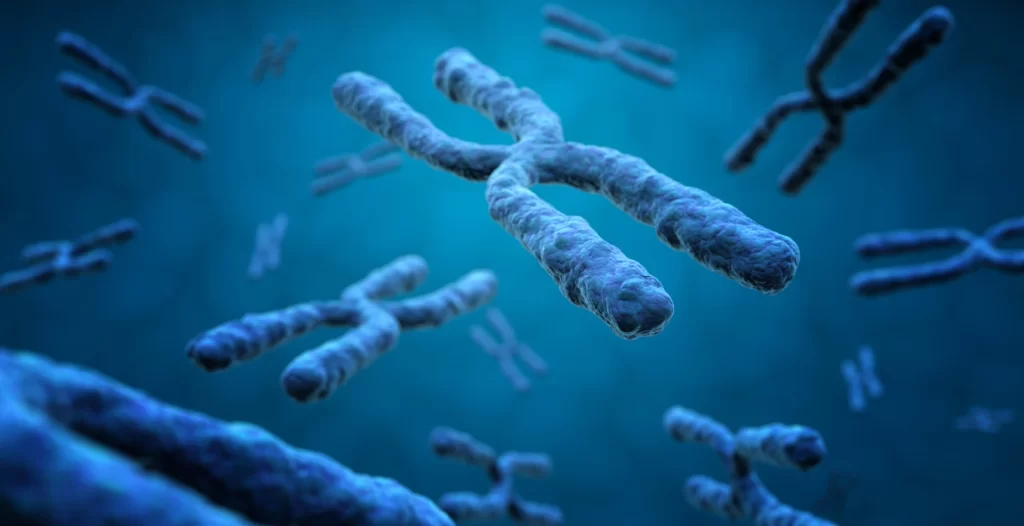
Turner syndrome, a disorder that affects only females, occurs when one X chromosome (sex chromosome) is completely or partially missing. Turner syndrome can cause a variety of medical and developmental problems, such as short stature, lack of ovarian development, and heart defects.
Turner syndrome can be diagnosed before birth during infancy or early childhood. Sometimes, diagnosis is delayed until adolescence or early adulthood in females who have mild signs and symptoms of Turner syndrome.
Girls and women with Turner syndrome require constant medical attention from various specialists. Regular check-ups and proper medical care can help most girls and women live healthy and independent lives.
Spina Bifida
Spina bifida is a condition that affects the spinal cord and is usually evident at birth. It is a type of neural tube defect. Spina bifida can occur anywhere along the spine if the neural tube does not close completely. The spinal column that protects the spinal cord does not form and close as it should. This often results in damage to the spinal cord and nerves.
Spina bifida can cause physical and intellectual disabilities, ranging from mild to severe.

Cystic Fibrosis
Cystic fibrosis is an inherited disorder that causes severe damage to the lungs, digestive system, and other organs of the body.
Cystic fibrosis affects the cells that produce mucus, sweat, and digestive juices. These secreted fluids are normally thin and slippery. But in people with cystic fibrosis, a faulty gene makes the secretions become sticky and thick. Instead of acting as lubricants, the secretions clog tubes, ducts, and passages, especially in the lungs and pancreas. Cystic fibrosis is progressive and requires daily medical care.
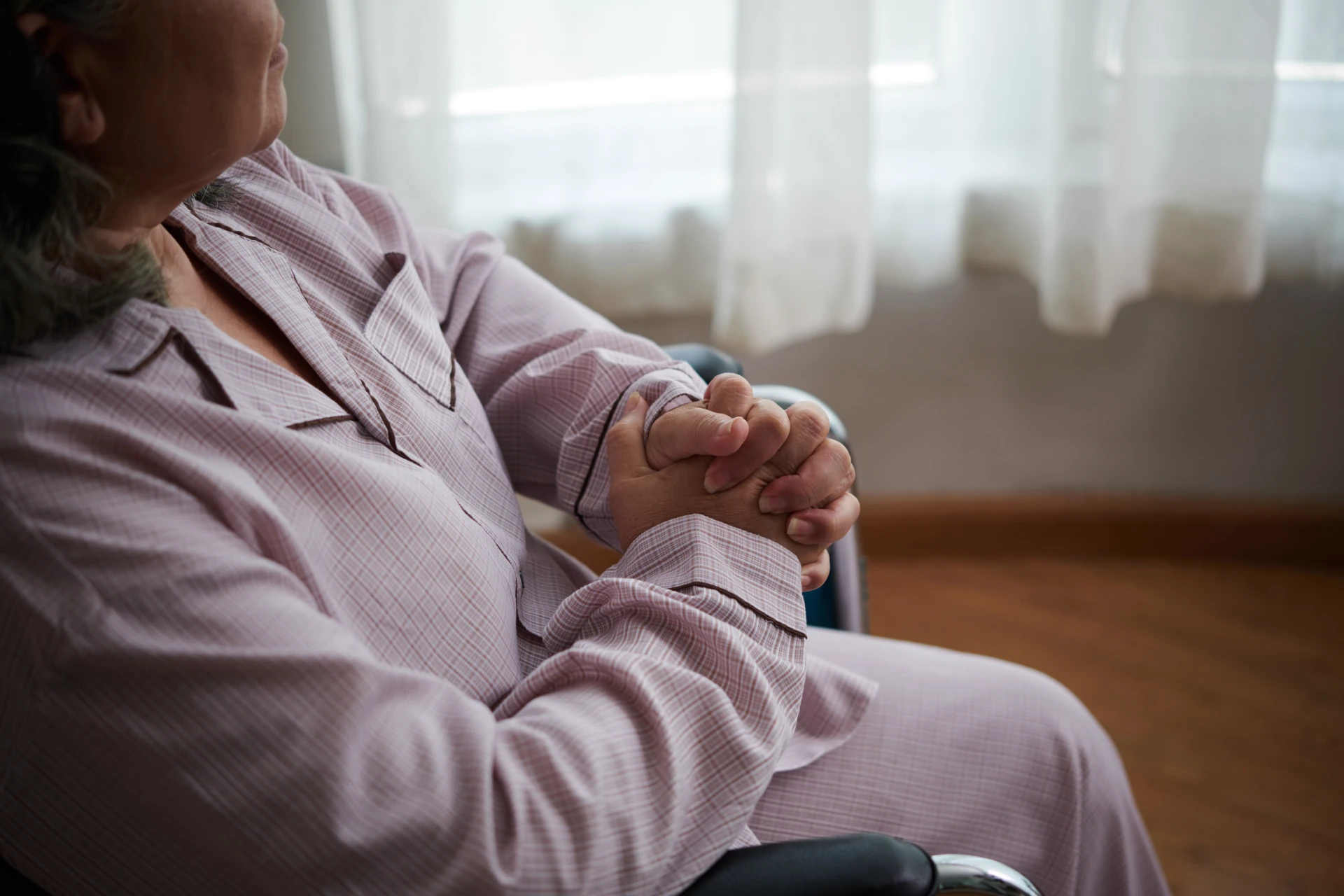
Awareness of rare diseases through social programs is essential to improve the quality of life of those who suffer from them. These programs offer a comprehensive approach that goes beyond medical treatment, addressing social, emotional, and economic aspects that impact the lives of patients and their families. Through the visibility provided by these programs, greater understanding and empathy towards people facing these diseases are generated, contributing to combating stigma and discrimination.
Support provided through social programs not only benefits patients directly but also their families and communities. By providing resources and services tailored to the needs of these patients, a strong support network is offered to help them cope with everyday challenges. Social support programs also promote inclusion and equal opportunities for all individuals, regardless of their economic and health condition.
It is encouraging to know that there are organizations like the Letty Coppel Foundation dedicated to creating social programs and supporting low-income people suffering from these diseases. Their commitment to the community and their work in providing resources and support to those most in need are inspiring examples of solidarity and empathy. With the support of these organizations and the momentum of effective social programs, we can move towards a future where people facing these diseases receive the support and attention they deserve.
